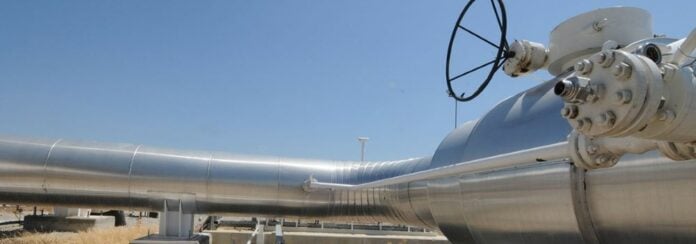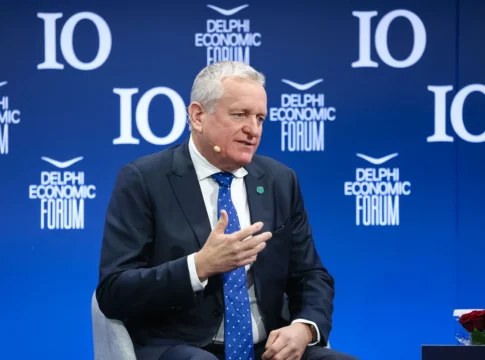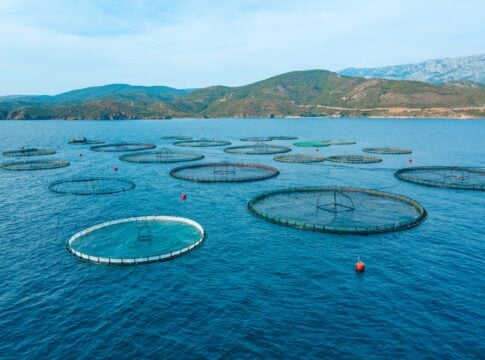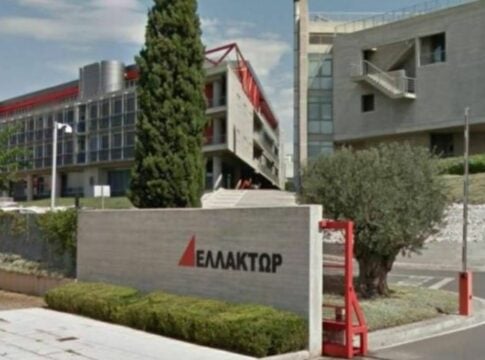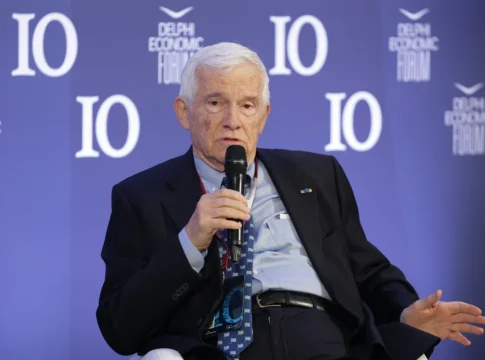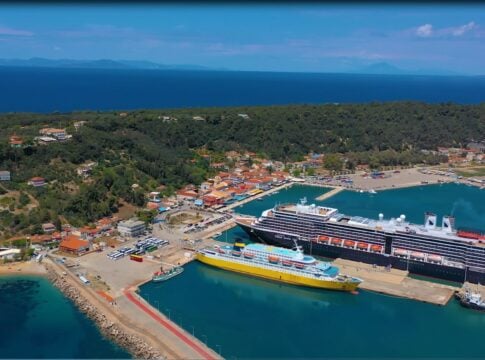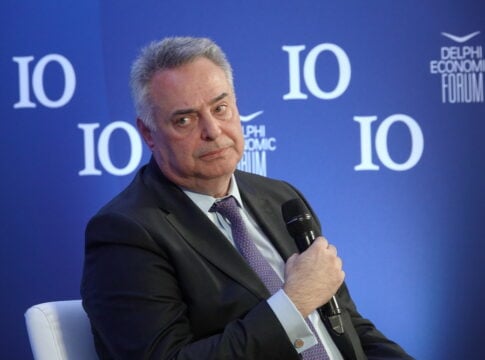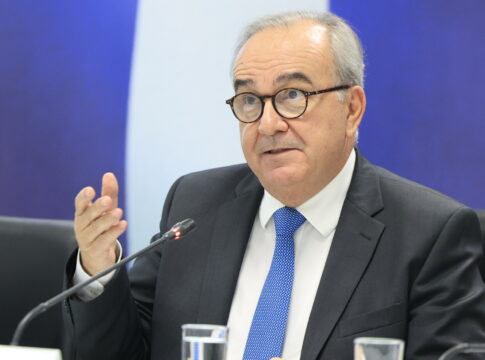Natural gas system operators from Bulgaria (BULGARTRANSGAZ and ICGB), Romania (TRANSGAZ), Hungary (FGSZ), Slovakia (EUSTREAM), Moldova (VMTG), Ukraine (GTSOU) and Greece (DESFA and Gastrade) conducted a binding market test in order to gather market interest in the creation of the “Vertical Corridor”, an upgraded pipeline system utilizing existing infrastructure, which will start from Greece and reach Central Europe and Ukraine, transporting a maximum of 10 billion cubic meters (bcm) of natural gas.
The plan is a “product” of the overall European strategy for weaning off Russian gas, but it “stuck” to the reservations of users to make a long-term commitment in an environment of intense liquidity and at the same time in a market that has been flooded in recent months by Russian gas arriving in the Balkans via Turkey, with a price 8-10 euros cheaper than the European reference price, the Dutch TTF.
According to competent sources who spoke to “Naftemporiki”, the administrators discussed the matter in a teleconference, confirming their intention to continue efforts to create the “Vertical Corridor.”
Meeting in Athens in September
Decisions regarding the “next steps” will be taken at a new meeting in September which is expected to take place in Athens. The critical issue concerns financing where alternative sources will have to be sought, as the market, as shown by the results of the market test, does not intend to contribute.
In this case, according to the same sources, the “eyes” of the administrators are directed towards Brussels, but also the USA, as both have officially declared their support for the project in the past year.
Of course, it remains to be seen whether they intend to get involved financially. In any case, the aim of the upcoming meeting, according to sources, is to agree on an “action plan common to all” and which will therefore continue the project that is threatened with “premature death”.


